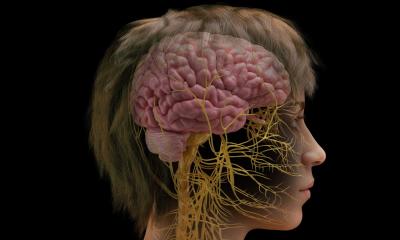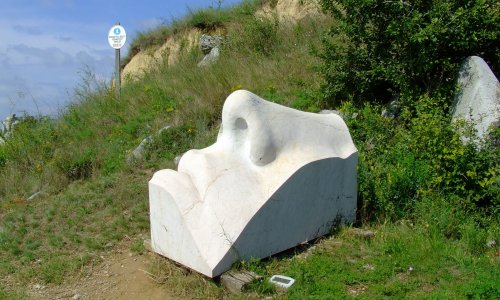News • Poor understanding
Loss of smell after Covid-19: many patients let down by doctors
A study by Newcastle University, University of East Anglia and charity Fifth Sense, shows poor levels of understanding and care from GPs and specialists about smell and taste loss in patients.

Image source: Engin Akyurt from Pixabay
This is an issue that has particularly come to the forefront during the Covid-19 pandemic as many people who have contracted the virus report a loss of taste and smell as their main symptoms. Around one in 10 people who experience smell loss as a result of Covid-19 report that their sense of smell has not returned to normal four weeks after falling ill. The study, published in the journal Clinical Otolaryngology, highlights the difficulties that people with smell and taste disorders experience in accessing treatment. The research team say that identifying these barriers is vital to help people have better access to healthcare.
Dr Stephen Ball, from Newcastle University's Faculty of Medical Sciences, who led the study, said: "This research highlights that a greater focus needs to be dedicated to patients with smell or taste loss. When you contrast the healthcare services funded and available for people with loss of other senses - such as vision or hearing the differences are vast. Our results show this exists for patients through both primary and secondary care. More attention and resources need to be provided for this group of patients that has increased significantly following the Covid-19 pandemic."
The huge rise in smell loss caused by Covid-19 has created an unprecedented worldwide demand for treatment
Carl Philpott
More than 600 smell loss patients took part in a survey which captured their poor experiences of accessing healthcare. The survey highlights poor levels of understanding from many GPs and consultants (both in Neurology and Ear, Nose and Throat departments) about the impact of smell and taste disorders on patients. Over 60 per cent of patients reported suffering from anxiety or depression since their smell loss. And almost all of the patients – 98 per cent – said their quality of life has been affected. Only around 20 per cent of patients reported that that they had experienced an improvement in their symptoms following treatment.
Professor Carl Philpott, from the University of East Anglia’s Norwich Medical School, said: “Before the pandemic, smell disorders affected around five per cent of the population. But the huge rise in smell loss caused by Covid-19 has created an unprecedented worldwide demand for treatment. Smell disorders cause people to lose their sense of smell or change the way they perceive odours. Some people perceive smells that aren’t there at all. There are many causes for smell loss – from infections and injury to neurological diseases such as Alzheimer’s and as a side-effect of some medications. Our research shows that there is an unmet need for smell loss patients in accessing healthcare and a clear need to improve training within healthcare to remove the barriers faced.”
This research was conducted before the Covid-19 pandemic, but it identifies many areas that were consistent across multiple experiences. Further issues reported included repeated ineffective treatments, difficulties getting referrals for further care, and an average personal cost of £421 seeking advice and treatment. Duncan Boak, Founder and Chair of Fifth Sense, a charity for people affected by smell and taste disorders, said: “Smell disorders can have a huge impact on people’s quality of life in many ways. An important part of Fifth Sense’s work is giving our beneficiaries a voice and the opportunity to change the way society understands smell and taste disorders, whether through volunteering or participating in research studies like this one. The results of this study will be a big help in our ongoing work to improve the lives of those affected.”
Source: Newcastle University
05.07.2021











